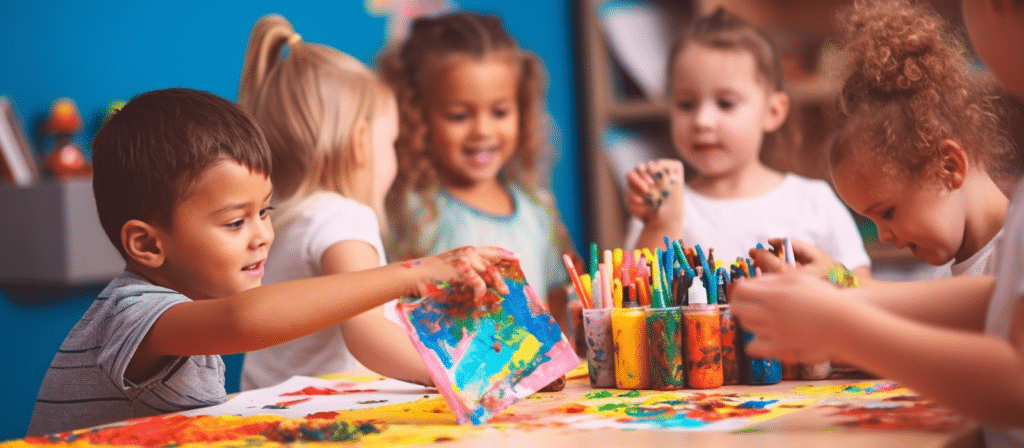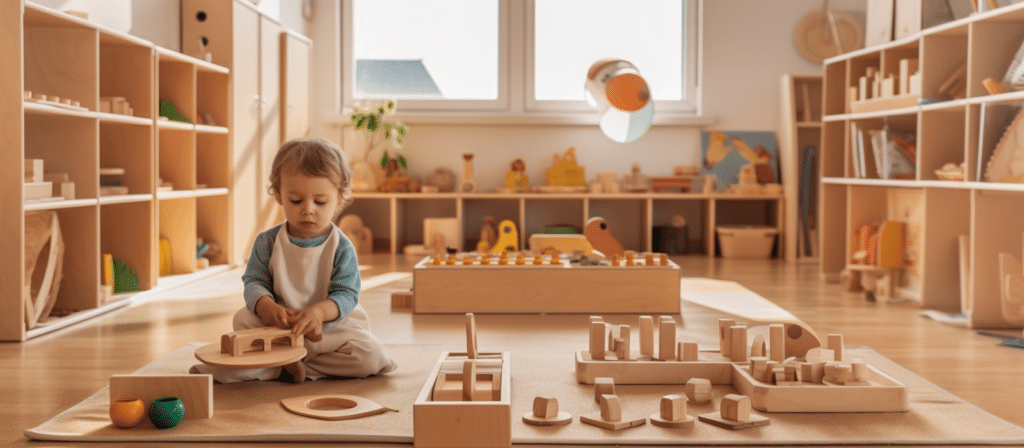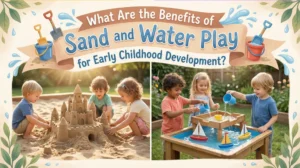Preschool education plays a vital role in the early development of children, setting the foundation for their lifelong learning journey. One approach that has gained significant recognition and popularity is the Montessori method. In this article, we delve into the Montessori method, its principles, and why it is an effective educational approach for young children.
What is the Montessori Method?
The Montessori method is an educational philosophy and approach developed by Dr. Maria Montessori, an Italian physician and educator. It emphasizes the importance of allowing children to learn at their own pace, fostering independence, and nurturing their natural curiosity.
The Principles of the Montessori Method
- Individualized Learning: In a Montessori classroom, each child’s unique strengths, interests, and learning style are respected and supported. The curriculum is tailored to meet individual needs, allowing children to progress at their own pace.
- Prepared Environment: Montessori classrooms are carefully designed to provide a rich learning environment. They are filled with a variety of hands-on materials that promote exploration, problem-solving, and sensory experiences. The arrangement of materials is intentional, allowing children to independently choose activities that align with their interests.
- Freedom within Limits: Within the Montessori method, children are given freedom to choose their activities from a range of options. However, this freedom is accompanied by clear boundaries and guidelines. It helps children develop self-discipline, responsibility, and respect for others.
- Multi-Age Classrooms: Unlike traditional classrooms that group children based solely on age, Montessori classrooms often have mixed-age groups. This arrangement fosters collaboration, peer mentoring, and social growth. Younger children learn from older peers, while older children reinforce their knowledge by helping younger ones.
- Hands-On Learning: Montessori education places a strong emphasis on hands-on learning. Children engage with specially designed materials that are self-correcting, allowing them to learn from their own mistakes. These materials encourage the development of fine motor skills, cognitive abilities, and problem-solving techniques.
- Respect for the Child: One of the fundamental principles of the Montessori method is the deep respect shown towards each child. Teachers act as guides, observing and supporting children as they explore their interests and develop their abilities. This approach nurtures a positive self-image, confidence, and a love for learning.

Benefits of the Montessori Method in Preschool Education
- Holistic Development: The Montessori method focuses on the holistic development of children, encompassing their intellectual, social, emotional, and physical growth. By providing a nurturing and stimulating environment, it promotes well-rounded development.
- Independence and Self-Directed Learning: Through the Montessori approach, children develop independence, self-motivation, and a love for learning. They have the freedom to choose activities that capture their interest, fostering a sense of ownership and autonomy in their education.
- Lifelong Learning Skills: The Montessori method cultivates essential skills that are valuable throughout a child’s life. These skills include critical thinking, problem-solving, decision-making, self-discipline, and effective communication.
- Social and Emotional Development: Montessori classrooms foster a sense of community, encouraging cooperation, empathy, and respect among children. The multi-age setup allows for peer interaction and collaboration, promoting social and emotional growth.
- Individualized Attention: With its focus on individualized learning, the Montessori method ensures that each child receives personalized attention from teachers. This enables educators to identify and address specific needs and provide appropriate guidance and support.

The Montessori method offers a unique and effective approach to preschool education. By embracing the principles of individualized learning, prepared environments, freedom within limits, multi-age classrooms, hands-on learning, and respect for the child, it empowers young learners to develop their full potential. The benefits of the Montessori method extend beyond the preschool years, equipping children with lifelong skills and a passion for learning.
In summary, the Montessori method celebrates the individuality of each child, fostering their independence, curiosity, and love for learning. With a focus on hands-on experiences, tailored instruction, and a nurturing environment, Montessori education sets a strong foundation for children’s holistic development. By embracing the Montessori approach, parents and educators can provide children with an enriching educational experience that supports their growth and prepares them for a lifelong journey of learning and discovery.













